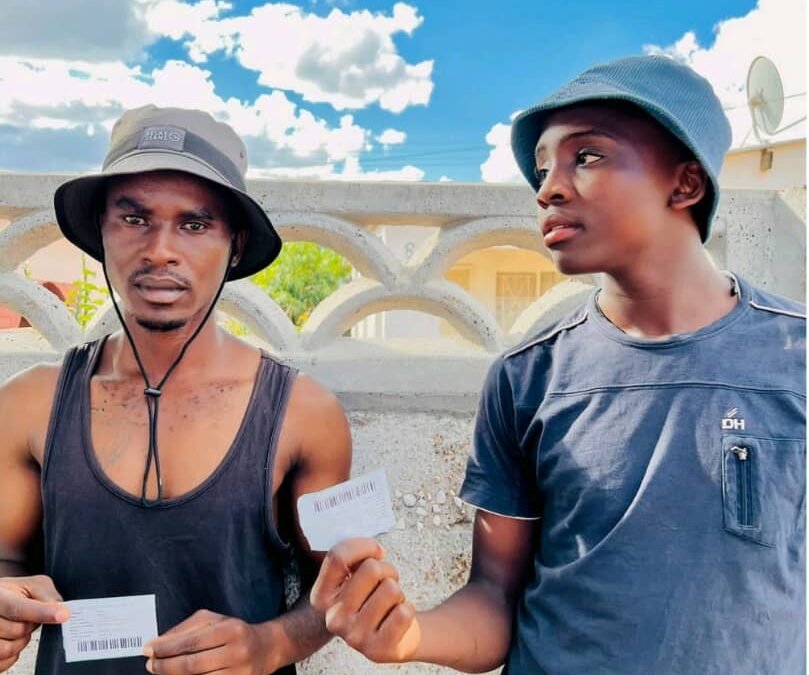By Bongiwe Dube
While young people are seen as visionaries, energetic, vibrant and creative, their participation in elections has often been extremely limited due to different gaps that include limited knowledge, information and training on electoral processes. Many of them do not understand the significance of participating in elections. They are not aware of Constitutional clauses that support their involvement in elections. This is the reason they have often been criticised for being apathetic about voting and participating as candidates in previous elections.
In March this year, CYDT introduced a project in which young people from Gwanda, Beitbridge and Umzingwane were trained on civic and self mobilisation. The idea behind these trainings was to develop election-informed youths that will know the significance of taking part in elections which would also act as a motivating factor for them to go around their communities, encouraging and helping their peers to register to vote in a drive dubbed the ‘Tell-A-Friend Campaign’.
Three months down the line, young people that were part of the Civic and Self Mobilisation trainings and also attended the Tell-A-Friend orientation programme have managed to mobilise a significant number of youths from Beitbridge, Gwanda and Umzingwane to register to vote. This is despite the fact that these youths who managed to convince local business people to freely transport mobilised peers using their trucks, faced serious challenges in which most of them emanated from the Zimbabwe Electoral Commission (ZEC). For instance, during the voter registration blitz in March this year, some youths in rural Gwanda failed to register to vote due to the technical challenges faced by ZEC while others were turned away by ZEC for carrying IDs with blurred features in UMzingwane and Gwanda.
It is also important to celebrate the rise of female youth numbers that were part of the Mobilising Champions during the Tell-A-Friend Campaign. Of the 95 Mobilising Champions, 49 were young women which is 51%. The participation of young women in activities of this magnitude has often been limited due to several structural and cultural setups that had demotivated many young women from taking part. Therefore, the fact that the number of young women that participated in the Tell-A-Friend campaign is more than the number of young men shows the positive impact of the Civic and Self Mobilisation trainings and the tell-a-friend campaign in creating an active female youth in the electoral process.
Ends///


Recent Comments